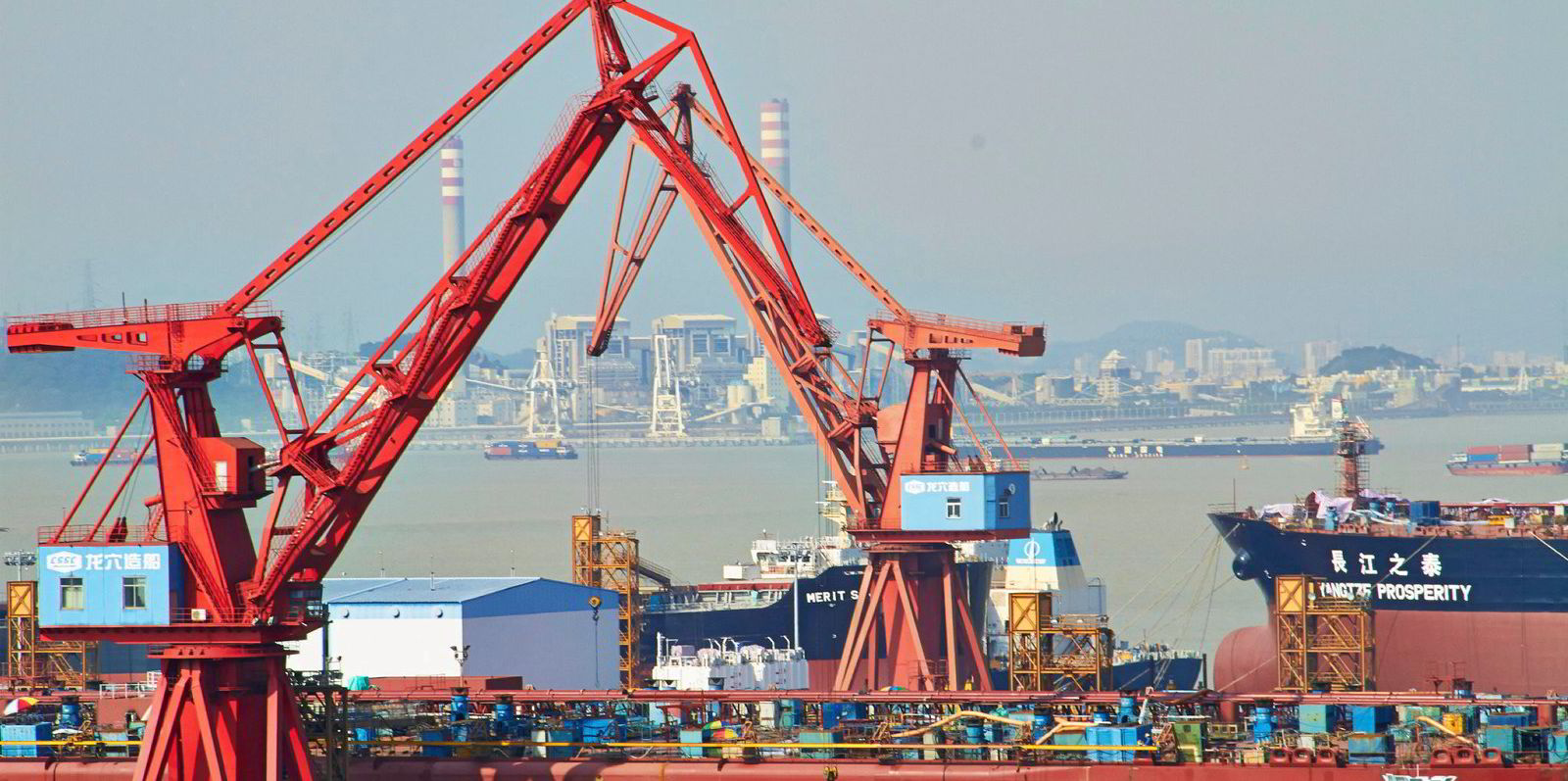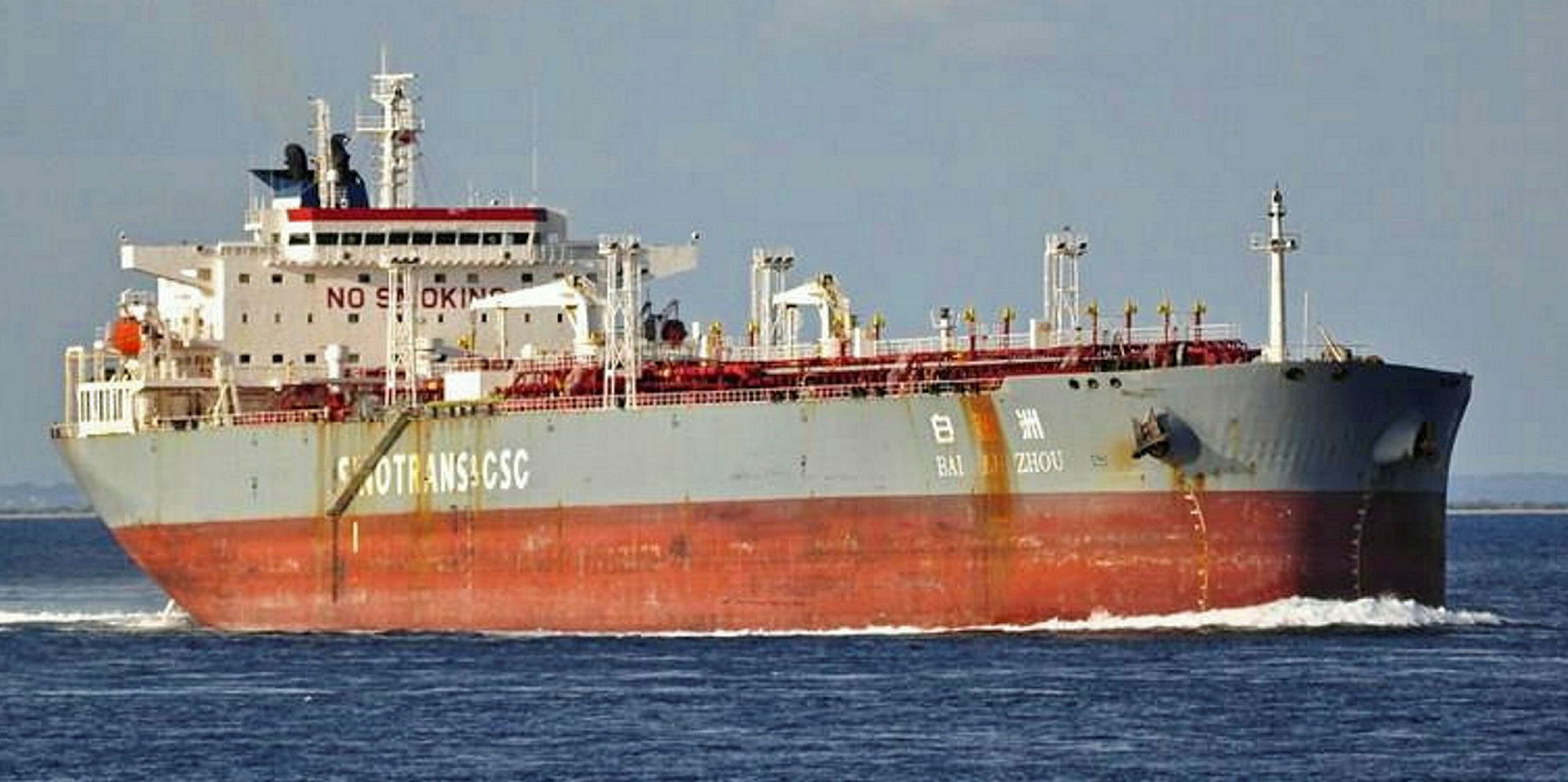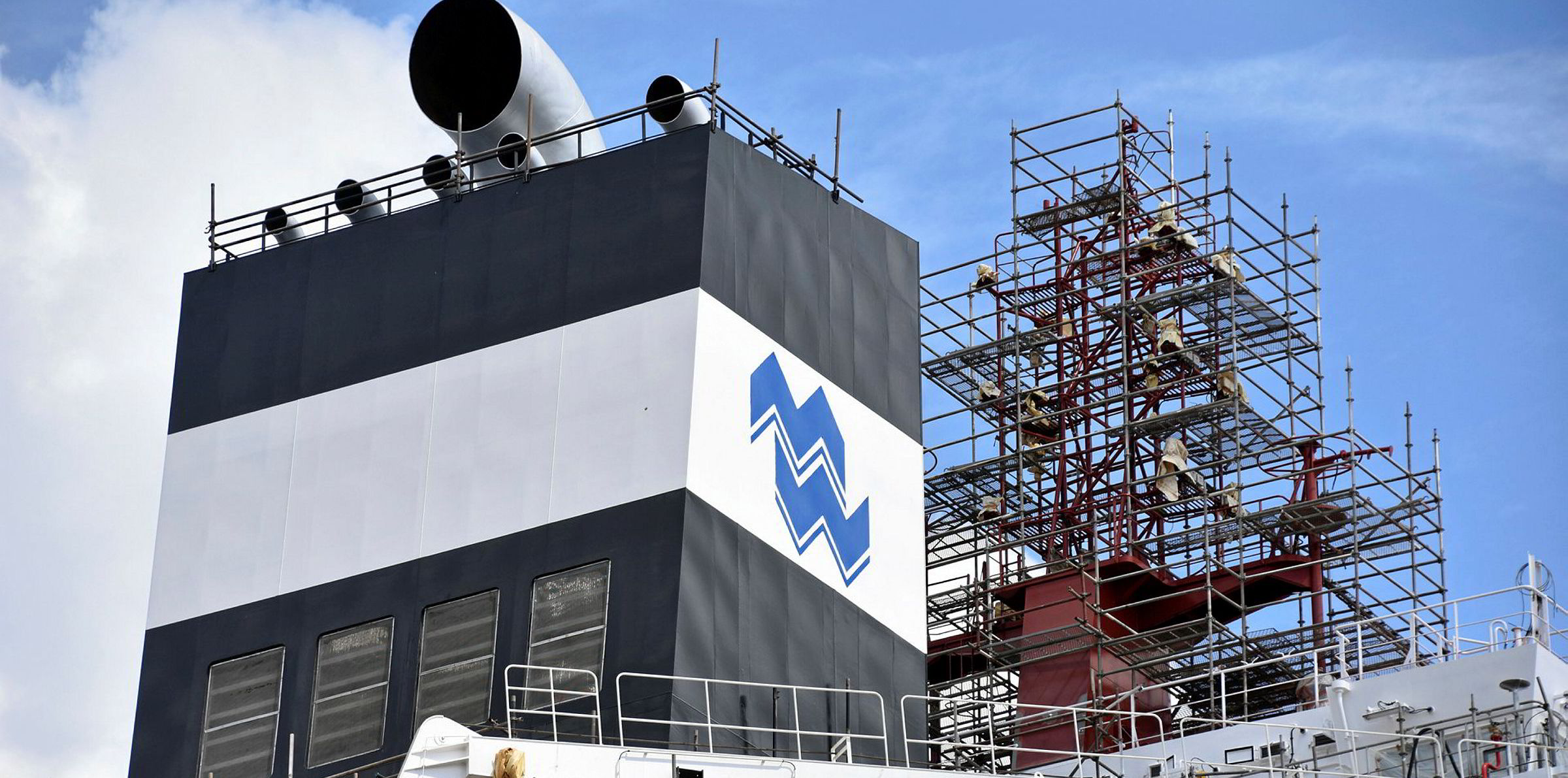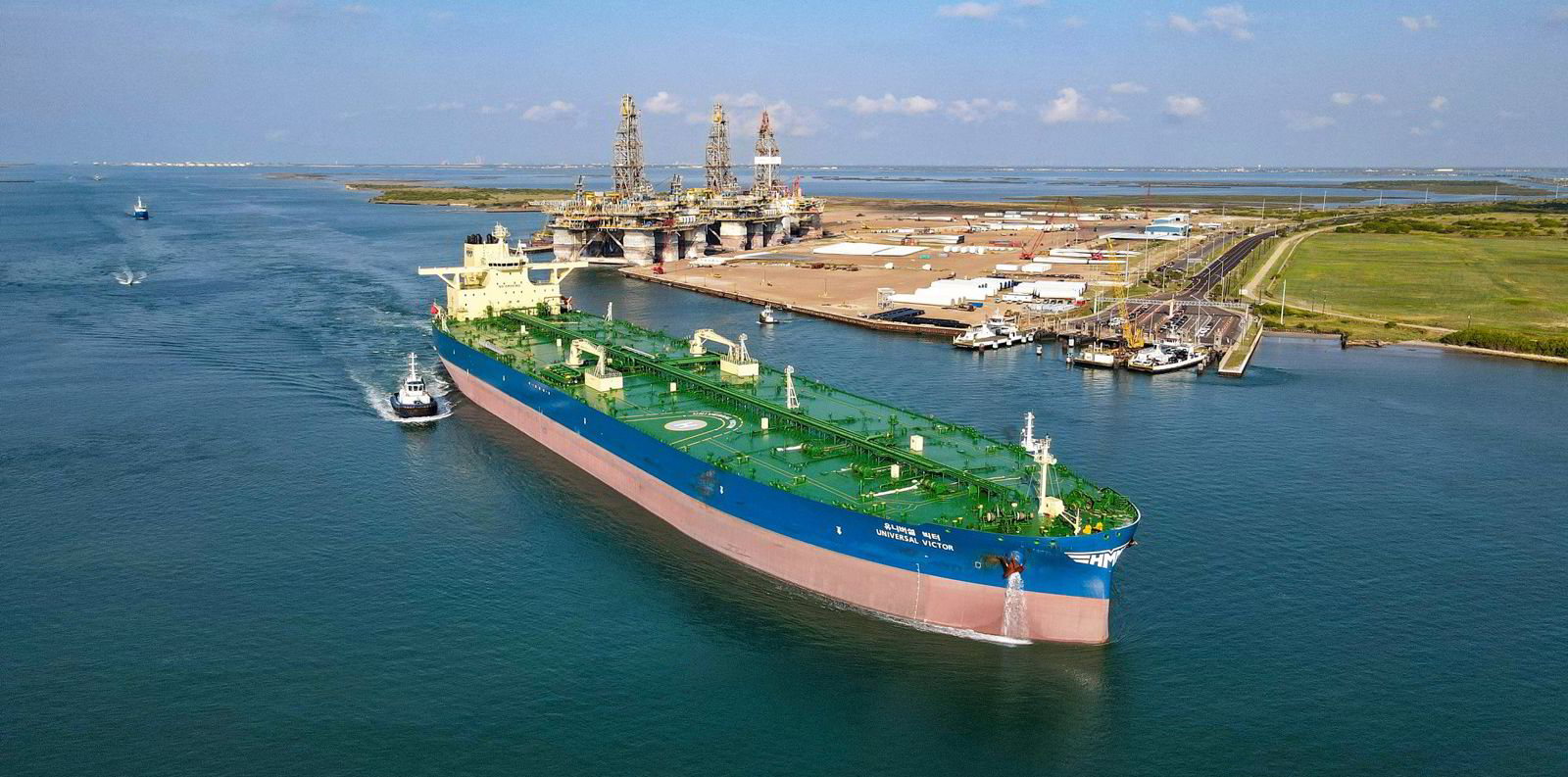Nanjing Tanker, part of state conglomerate China Merchants Group, has reportedly ordered four product tankers from Guangzhou Shipyard International (GSI).
The Shanghai-listed owner signed up for two 49,700-dwt product tankers and two 49,500-dwt vessels that can carry refined and chemical products, according to Chinese media reports.
The ships will have a length overall of 183 metres, width of 31 metres and draught of 11 metres.
Sun Wei, vice president of GSI parent China State Shipbuilding Corp (CSSC), said in media reports that he hoped the order would lead to more “top-level cooperation” with China Merchants.
The contract price and delivery period are not immediately known. TradeWinds has approached Nanjing Tanker and GSI for comment.
Earlier this month, Nanjing Tanker said in an exchange filing that its board approved a proposal to build four MR tankers at GSI for up to $140m.
Two of those ships would be flagged in China and cost at most $34.7m each, the filing said. The rest will be carrying an unspecified flag of convenience and cost $35.5m apiece.
“The orders will enhance our fleet, improve our operation, and make our company more competitive in the product tanker market,” Nanjing Tanker said in the filing.
Separately, the company said it would dispose of three product tankers: the 37,300-dwt Ya Zhou Xiong Shi and 37,600-dwt Da Qing 439 (both built 1999) and 45,800-dwt Da Qing 455 (built 2003).
With improved profitability, the shipowner has been ordering new ships from Chinese yards in recent years.
VesselsValue data shows Nanjing Tanker is set to take delivery of two MRs from CSSC Offshore & Marine Engineering, two 24,000-dwt uncoated tankers from Wuchang Shipbuilding Industry Group and one 5,500-cbm fully pressurised LPG carrier from Jinling Shipyard this year.
CSSC Offshore and Wuchang are CSSC group yards. Jinling is an offshoot of China Merchants.
Nanjing Tanker, which operates in domestic and international trades, recorded net profit of CNY 1.38bn ($213m) between January and September 2020. This compared with a profit of CNY 532m in the same period of 2019.
Revenue grew to CNY 3.19bn from CNY 2.97bn.
The better performance was due to higher freight rates, lower fuel costs and port fees, reduced financing costs and large tax rebates, the company said.






